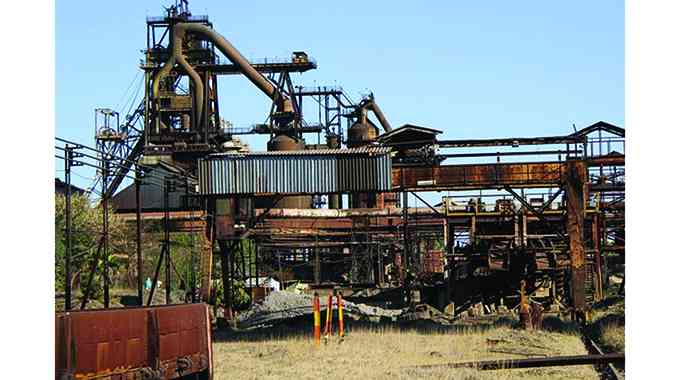
Leading economists differed in opinion this week, as the pain of persistent liquidity crises, company closures and job losses deepened, with no hope in sight.
Zimbabwe is in the grip of one of the worst phases of 25 straight years of upheavals, which have been complicated by a US$21 billion debt that represents over half of its US$35 billion gross domestic product.
The liquidity crisis, years in the making, has reached critical levels, and companies say they are increasingly suffocating.
Foreign currency reserves have dwindled, leaving businesses unable to secure the hard currency needed for essential imports.
This has precipitated a sharp economic downturn, with numerous companies struggling to remain operational since the first quarter.
Chenayi Mutambasere, an economist at the Africa Centre for Economic Justice, warned against the dangers of the liquidity crunch.
“Zimbabwe’s ongoing liquidity crisis, driven by currency volatility and tight monetary policies, is straining businesses, with many facing closure due to rising costs, power shortages, and limited access to capital,” she said.
“Major retailers and manufacturers have already started downsizing, signalling potential job losses in 2025. The government’s response, including currency reform and interest rate hikes, has constrained liquidity. With limited fiscal space and ongoing debt challenges, comprehensive support for struggling companies remains uncertain.
- Teachers, other civil servants face off
- Veld fire management strategies for 2022
- Magistrate in court for abuse of power
- Vungu Dam water treatment and irrigation project takes off
Keep Reading
“While some efforts are being made to boost wages and improve business conditions, the risk of widespread job losses remains high if economic stability is not restored soon.”
Economist Stevenson Dhlamini said this year Zimbabwe will face strategic downsizing rather than complete closure.
“I believe that Zimbabwe’s economy is not facing a death spiral, but rather an unavoidable transformation. What we are likely to witness is more complex than simple business failures,” he observed.
“Companies are not just closing – they are being forced to fundamentally reshape how they operate. Some will shrink to survive, others will merge, and many will shift to new business models entirely. While we will see business closures and job losses, this represents a reformation of Zimbabwe's economic structure rather than its collapse. We are likely to see what I call 'strategic downsizing rather than complete closure'.”
He added that the government was financially hamstrung to support businesses.
“The harsh reality is that the government's ability to support businesses is severely constrained.
“Treasury data shows limited available intervention funds; foreign currency reserves are critically low, and the tax base is shrinking rapidly. (But) the government's realistic options include; selective support to forex-generating sectors, tax holidays, and regulatory flexibility for business model adaptation,” he added.
However, economist Prosper Chitambara said 2025 may be slightly better than last year.
“The energy situation, I think, is going to improve to be better than it was last year. I think this year may not be as bad as we witnessed last year. We are also seeing some measure of stability on the macroeconomic front. So that could also be beneficial and favourable to businesses," Chitambara said.
The government faces an enormous challenge in reviving the economy and preventing total collapse.
Authorities have implemented various measures to address the liquidity crisis, including foreign exchange restrictions and domestic savings initiatives, but these have yielded limited results.






